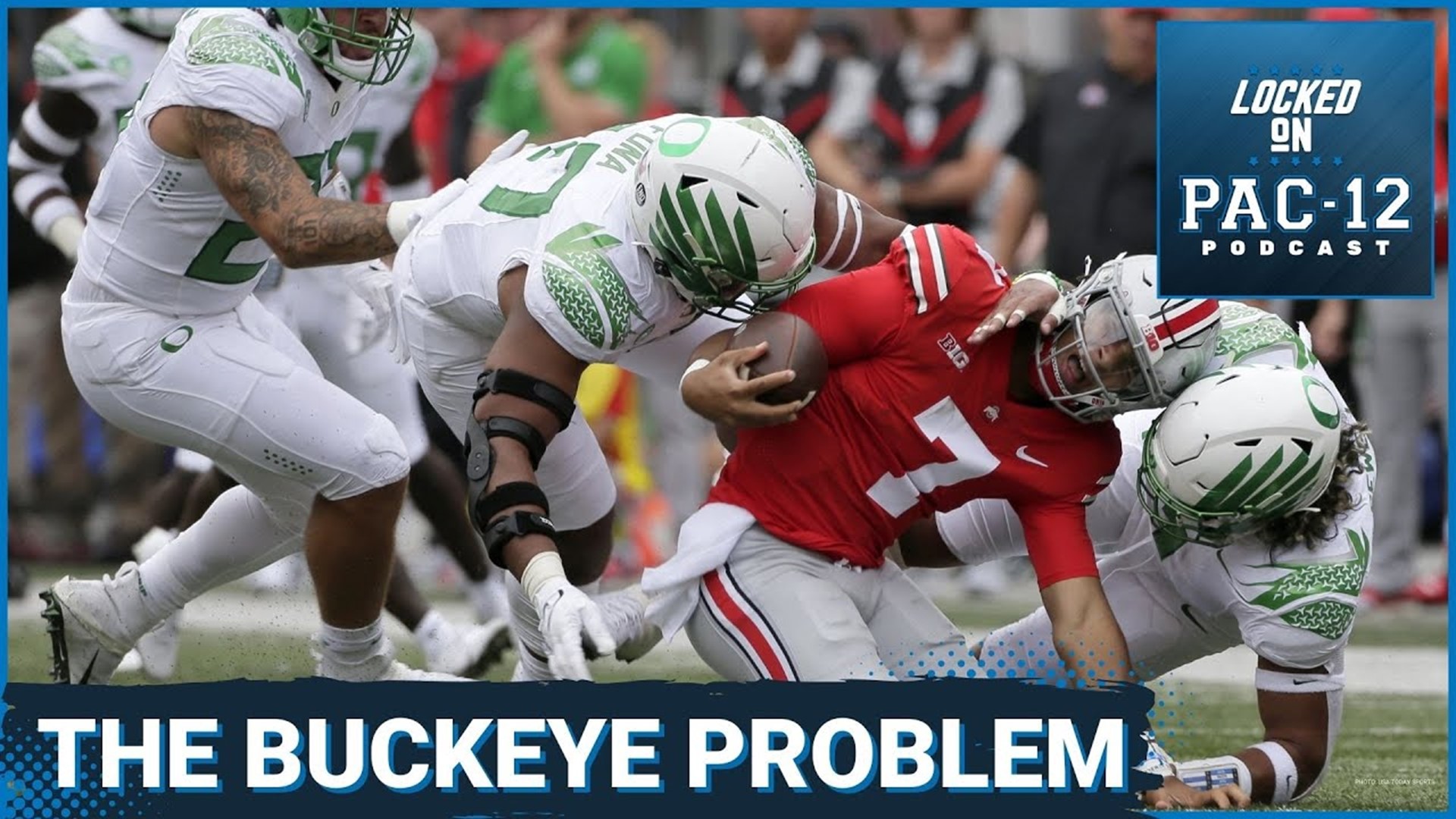INDIANAPOLIS — College football executives are close to recommending several clock rule changes which are meant to help reduce the length of games, as well as keep players safe, according to multiple officials who, spoke to Sports Illustrated.
After many years of research, this group of high-ranking leaders has settled on four specific changes. Two of those changes are non-controversial, one has wide support, and the other is a bit more divisive.
The non-controversial proposals include prohibiting consecutive timeouts (often used to ice kickers) and no longer extending the first or third quarter for an untimed down (if the quarter ends on a defensive penalty, the down would take place starting the next quarter).
Neither of those changes are expected to move the needle all that much, but the other two proposals figure to be more significant - and more controversial.
The third proposal involves the clock continuing to run after the offense gains a first down - except inside two minutes in a half. The fourth, and most divisive, proposal involves the clock continuing to run after an incomplete pass, once the ball is spotted for play.
All four of these changes could be implemented as soon as this fall, although they remain several weeks away from final approval.
Many officials - speaking on condition of anonymity because these changes have not been formally recommended - believe at least a portion of these proposals will pass.
College football did conduct a field study, with the results indicating a running clock after a first down eliminates roughly seven to nine plays per game, while a running clock after an incomplete pass would be about twice that number.
Naysayers believe the running clock would move teams to operate in an extremely hurry-up offense style, which could lead to increased injuries across the NCAA.

